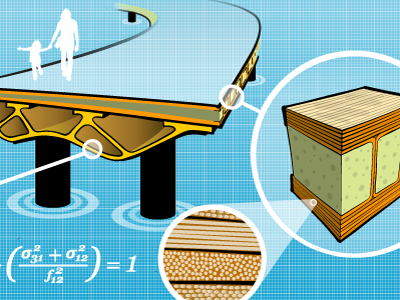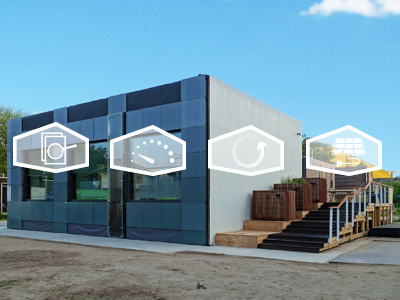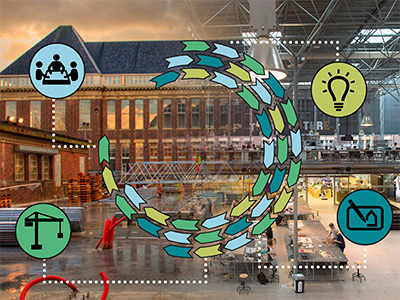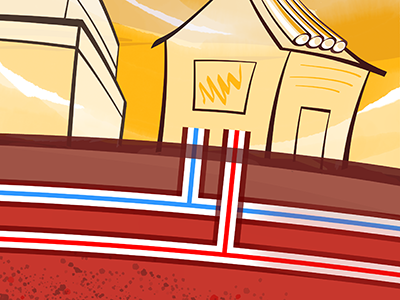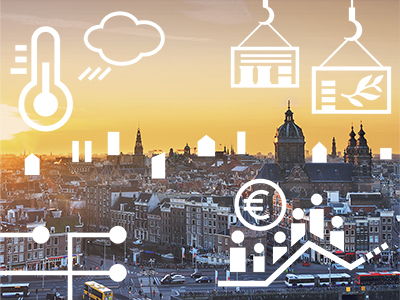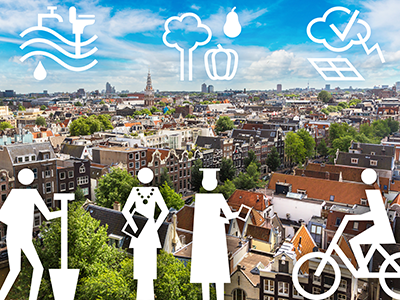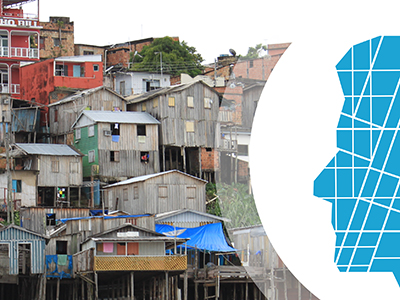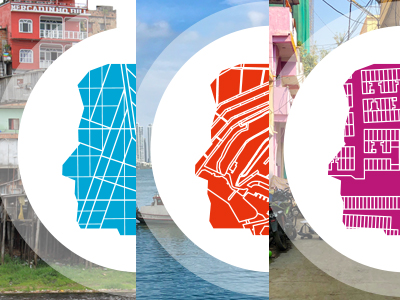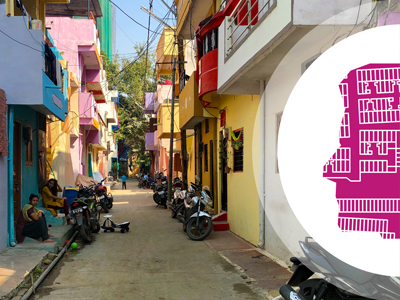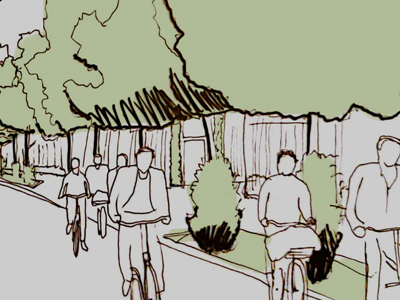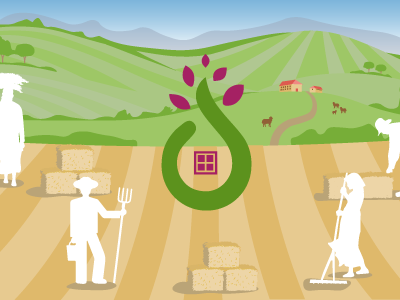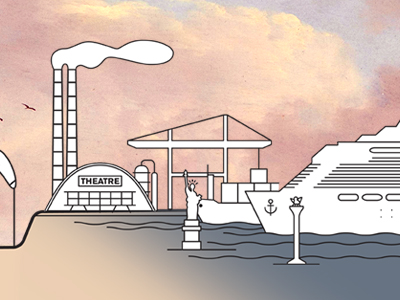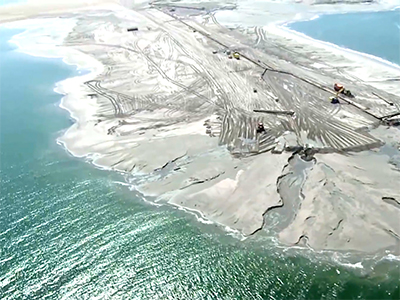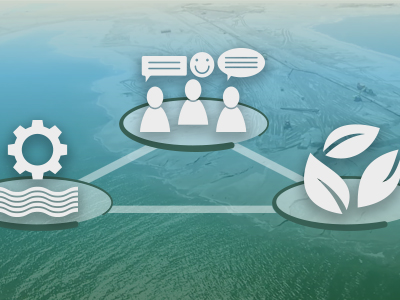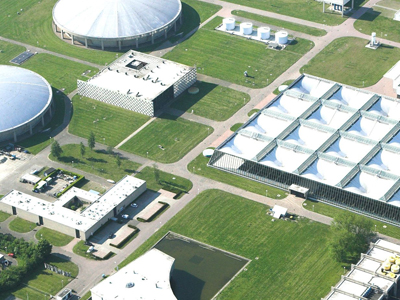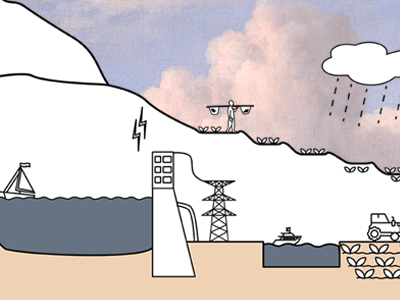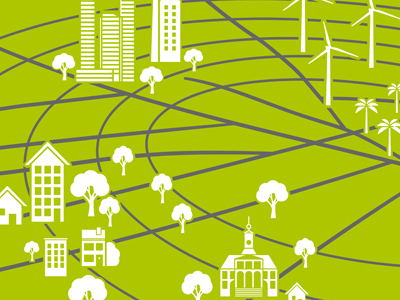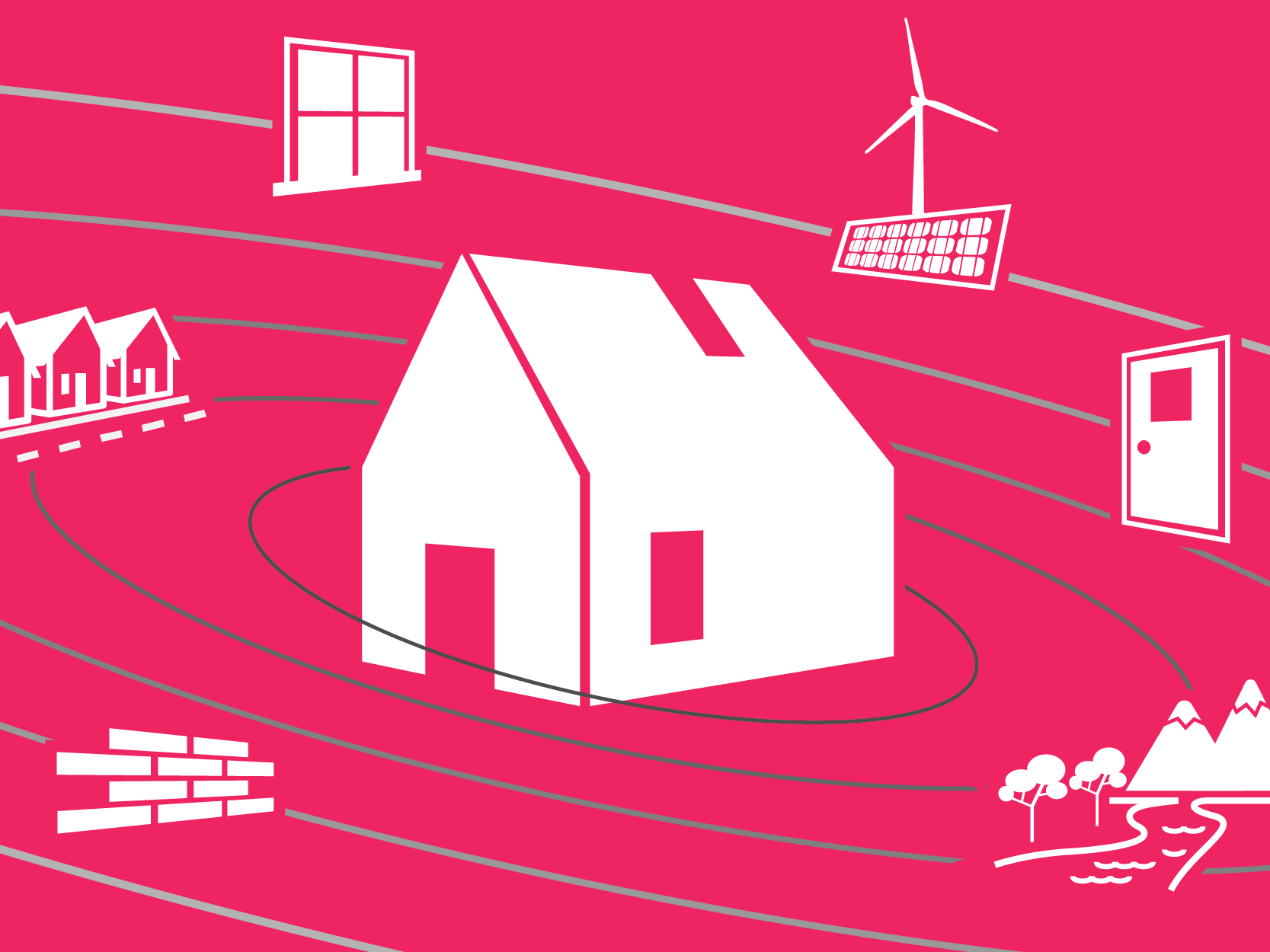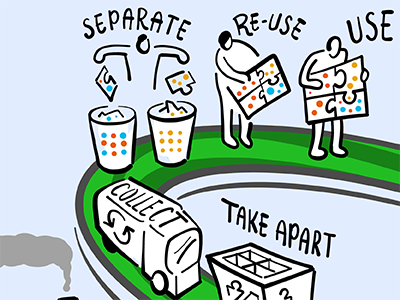Our Courses on Sustainable Cities
By the year 2030, 60% of the world’s population will live in cities. This ever-growing urban society leads to increasing pressure on the built environment, our carbon footprint, natural resources, and raw materials. We believe in the creation of the resilient and sustainable city: an aggregation of people, activities, infrastructures, and buildings, which is inclusive and equitable for its people, and protective of nature and the planet.
If you are an urban planner, a construction consultant or commissioner, an architect, a specialist, or lecturer looking for the knowledge and skills to contribute to resilient and sustainable cities. Or if you wish to protect communities from climate change and other physical, social, and economic urban adversities and challenges – we can help you in some critical areas:
 Global and local urban challenges, to understand how to balance local needs with global goals. To analyze and propose long-term solutions to global urban challenges such as climate change, rapid urbanization and inequality, and a variety of local issues (e.g., traffic congestion, housing shortages, pollution).
Global and local urban challenges, to understand how to balance local needs with global goals. To analyze and propose long-term solutions to global urban challenges such as climate change, rapid urbanization and inequality, and a variety of local issues (e.g., traffic congestion, housing shortages, pollution).
 Nature-based systems and microclimates, to mitigate heat islands, improve air quality, and promote an ecological balance in cities through improving the urban environment and its microclimates. This includes enhancing biodiversity, providing clean water and sanitation, and integrating green infrastructures.
Nature-based systems and microclimates, to mitigate heat islands, improve air quality, and promote an ecological balance in cities through improving the urban environment and its microclimates. This includes enhancing biodiversity, providing clean water and sanitation, and integrating green infrastructures.
 Sustainable building innovation, to integrate eco-friendly materials, energy-efficient technologies, and environmentally conscious design to reduce environmental impact. To understand and apply innovations that prioritize renewable resources, minimize waste, and promote energy conservation, fostering structures that harmonize with nature while meeting human needs.
Sustainable building innovation, to integrate eco-friendly materials, energy-efficient technologies, and environmentally conscious design to reduce environmental impact. To understand and apply innovations that prioritize renewable resources, minimize waste, and promote energy conservation, fostering structures that harmonize with nature while meeting human needs.
 Critical urban flows, to improve the flow of resources and energy within a city, encompassing the inputs, outputs, and transformations of materials. To analyze the dynamic processes of consumption, waste generation, and environmental impact to optimise resource use, reduce waste, and enhance overall efficiency.
Critical urban flows, to improve the flow of resources and energy within a city, encompassing the inputs, outputs, and transformations of materials. To analyze the dynamic processes of consumption, waste generation, and environmental impact to optimise resource use, reduce waste, and enhance overall efficiency.
 Slow urban mobility and smart infrastructures, to design and create sustainable and efficient solutions that prioritize accessible public transport, pedestrian-friendly infrastructure and cycling networks. To devise appropriate city planning to reduce reliance on private vehicles, encourage active transportation, and foster a sense of community through the creation of safe and enjoyable urban spaces.
Slow urban mobility and smart infrastructures, to design and create sustainable and efficient solutions that prioritize accessible public transport, pedestrian-friendly infrastructure and cycling networks. To devise appropriate city planning to reduce reliance on private vehicles, encourage active transportation, and foster a sense of community through the creation of safe and enjoyable urban spaces.
 Resilience and response strategies, to be prepared for shocks and stresses, like climate change or pandemics. To develop strategies that include infrastructure, planning, and community engagement to ensure adaptability, resource efficiency, and social equity, fostering long-term viability and an improved quality of life.
Resilience and response strategies, to be prepared for shocks and stresses, like climate change or pandemics. To develop strategies that include infrastructure, planning, and community engagement to ensure adaptability, resource efficiency, and social equity, fostering long-term viability and an improved quality of life.
Our courses and programmes are also of value to other interested professionals such as policy makers, consultants, and social entrepreneurs.
Interested in contributing to sustainable cities?
Check out our courses in the fields of Architecture, Urban Planning, Circular Economy and Water Management.
